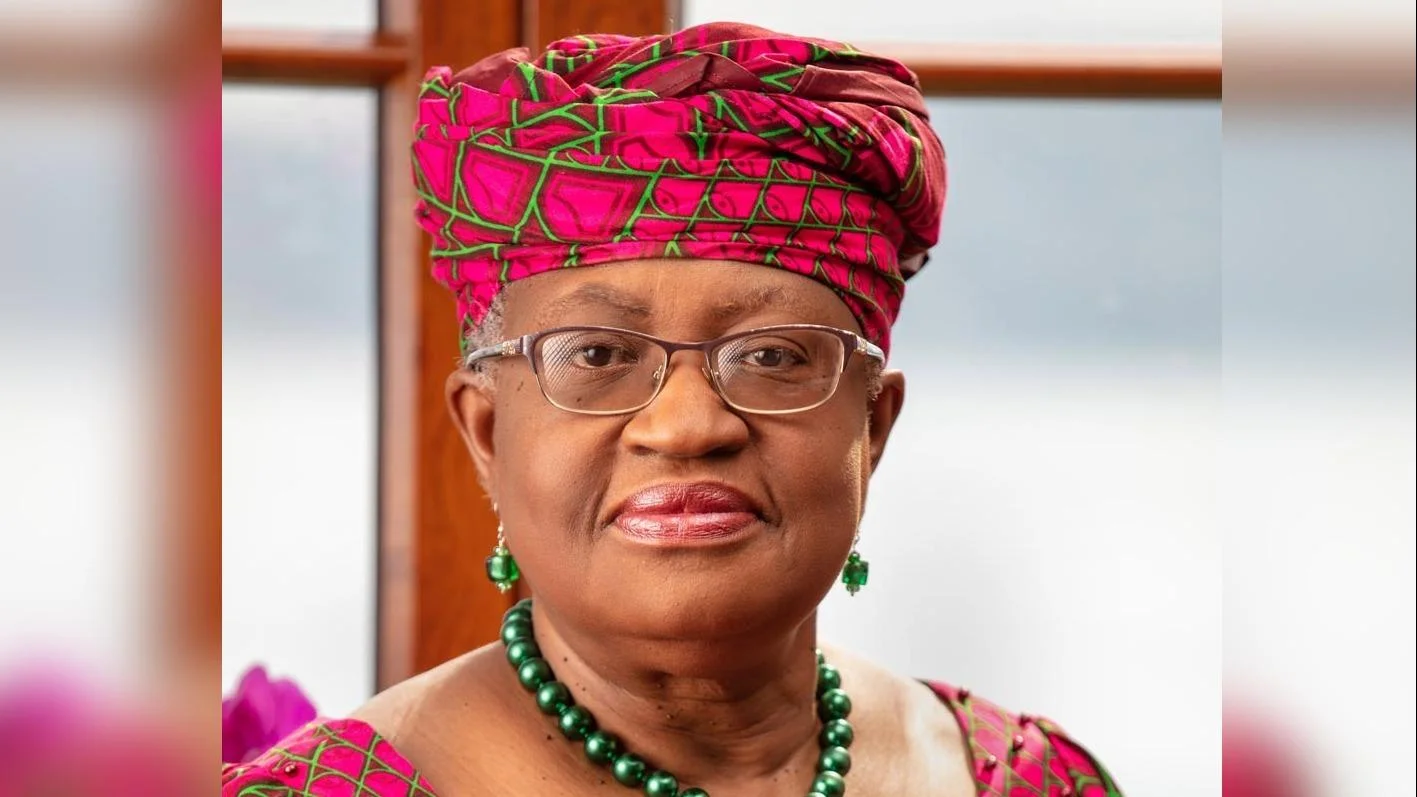Addressing a group of trade and investment professionals, Deputy Director-General Ellard emphasized the crucial role of the World Trade Organization (WTO) in maintaining security and predictability for businesses globally. She stated, "The WTO has helped reduce the share of people living in extreme poverty from 40% in 1995 to under 11% in 2022."
Ellard pointed out that the WTO's responsibilities go beyond tariffs. These include enhancing customs processes, promoting digital trade, enforcing intellectual property rights, and ensuring that food safety rules are science-based. This comprehensive framework supports cross-border commerce among its 166 members.
However, Ellard warned that the system is currently facing challenges. According to the WTO Secretariat's initial analysis, recent tariff measures by the United States and other countries could lead to a 1% decrease in global merchandise trade volumes this year, representing a significant downward revision of nearly four percentage points from earlier forecasts.
Despite these challenges, Ellard stressed the continuing relevance of the WTO. She highlighted that 74% of global trade still occurs under WTO's Most-Favoured-Nation (MFN) terms, demonstrating that the multilateral system remains effective and valuable.
Ellard called for a measured approach, emphasizing the importance of calm and cooperation amidst today's turbulent conditions. She urged members to utilize WTO mechanisms, including its committees and dispute settlement system, to address trade issues.
"There is an opportunity for dialogue and cooperation to work through issues, including at the WTO," Ellard said, encouraging businesses to support the rules-based system.

